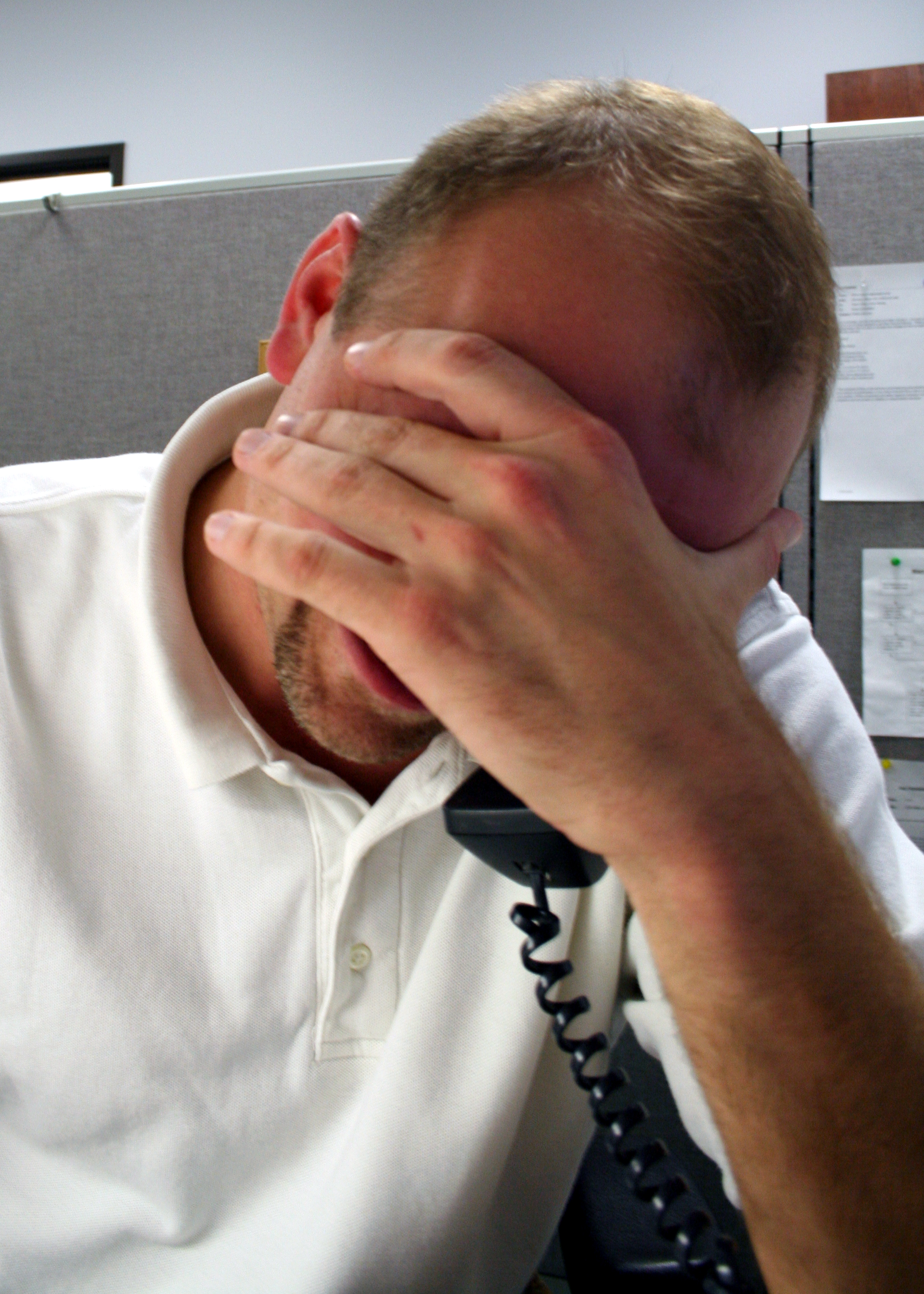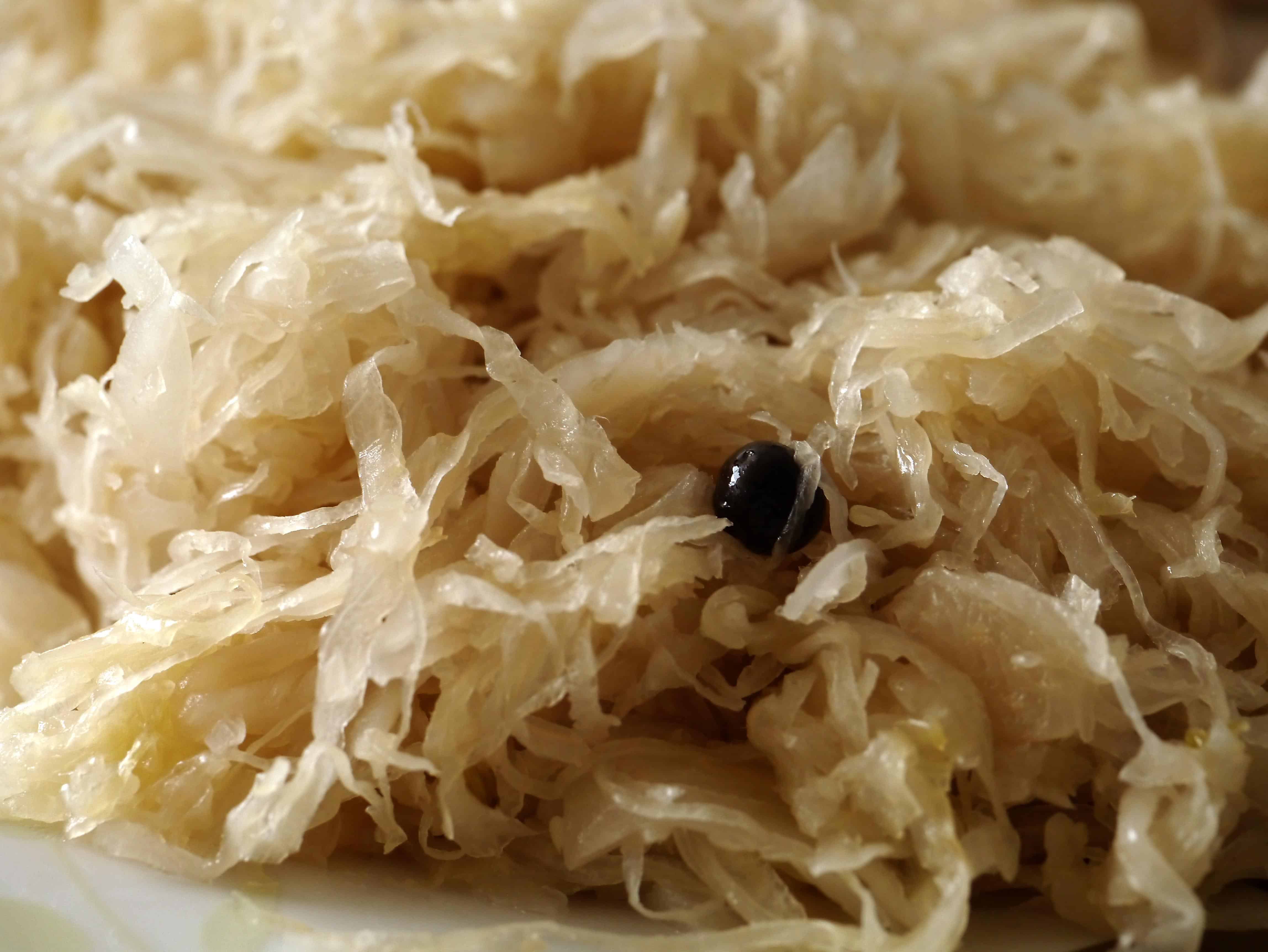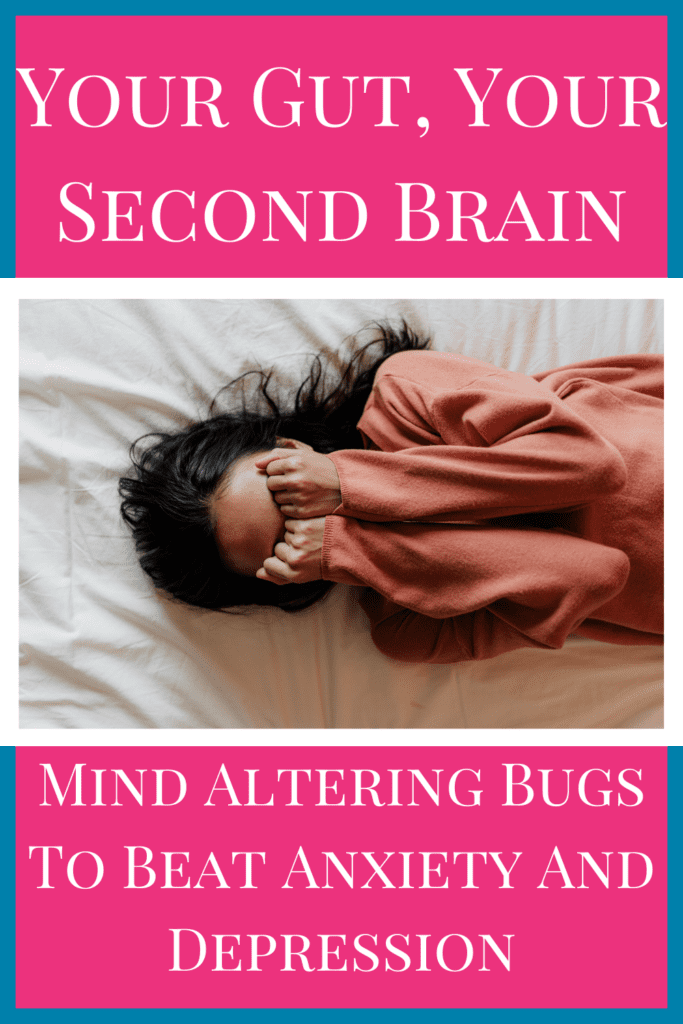 I was over the moon excited to write this post because the recent discoveries on how the gut affects our mental health is so incredibly hopeful and refreshing. Let’s face it–for most people, mental health has been a revolving door and for many it has been that case for years, even decades. The idea that the gut influences our mood and behaviour is a staggering pill to swallow for most people.
I was over the moon excited to write this post because the recent discoveries on how the gut affects our mental health is so incredibly hopeful and refreshing. Let’s face it–for most people, mental health has been a revolving door and for many it has been that case for years, even decades. The idea that the gut influences our mood and behaviour is a staggering pill to swallow for most people.
We have all felt the effects of anxiety on our nervous system at some point–whether it was a mild case of butterflies in our stomach, knots in our stomach before a big speech or diarrhea due to intense emotional stress. The idea that our gut affects our brain seems, if not ludicrous, then at least illogical. However, more and more research is pointing towards gut dysbiosis (an imbalance in the gut flora) as being a major culprit in anxiety, autism, ADHD, schizophrenia and everything in between. Doctors, nutritionists, Naturopathic Doctors and even psychiatrists have been noticing for years that many of their patients who suffered from depression, Aspergers, anxiety and various other mental illnesses also had Gastro-Intesitinal Disorders. Only recently has mainstream medicine confirmed that GI disorders may not simply be the result of mental illness, but possibly the cause.
When we think of our nervous system we think of the brain and spinal cord. However, we actually have another nervous system the Enteric Nervous System, which is in our gastrointestinal tract. Both nervous systems were formed from the same tissue, at the same time in utero and then ‘split’ into what we know as the Central Nervous System and the Enteric Nervous System. Even more surprising is that even more information is sent from the gut to the brain, then through the brain to the gut via the vagus nerve the nerve that goes from your brain to your abdomen.
The microbes in your gut do so much more than simply provide you with a strong a immune system (80% of your immune system is in your gut). There are more microbes in your gut than cells in your body and the bacteria in your gut (and your mother’s gut before birth) also contributes to proper brain development and even influences the type of brain you will have.
Neurons might be something that you always thought were only in the brain, but there are approximately 100 million neurons in your gut lining as well neurons that produce more serotonin (happy chemicals) than your brain!! Expressions like, “I hate his guts” and “I have a gut feeling” sure takes on a whole new meaning with recent scientific discoveries. So do we actually think with our guts?
Dr. Emeran Mayer of the University of California explains that specific gut bacteria appear to affect certain areas of the brain. A 2011 study conducted by McMaster University found that mice whose guts were stripped of bacteria had elevated cortisol, a stress hormone, and BDNF, a chemical in the brain associated with depression and anxiety. When we over-prescribe antibiotics, over-consume medications, regularly consume processed food and sugar and expose ourselves to chemicals and pesticides we are severely compromising our gut flora–we can strip our own guts as well. Even more interesting is that when researchers at McMaster swapped the mices’ bacteria, the mices’ behavior changed again energetic and risk taking mice became withdrawn and withdrawn mice became more adventurous.
For some time now, doctors have known there is a link with some OCD patients and strep bacterium known as PANDAS. Once treated with antibiotics patients with OCD can make a full recovery. ABC news reported that Dr. James Greenblatt, a Boston psychiatrist has successfully treated hundreds of patients by addressing the imbalance of healthy and unhealthy gut bacteria. Greenblatt said that a simple urine test for HPHPA can indicate if there are increased levels of a chemical byproduct from a specific and unfavourable gut bacteria. Greenblatt explained that HPHPA can result in dopamine excess which is known to cause agitation. If Greenblatt’s patients have excess HPHPA then he treats them with high quality probiotics as well as antibiotics. While Greenblatt is by no means an alternative medicine doctor, there are many other M.D.’s who are branching out into integrative medicine as they recognize the role that gut bacteria as well as other factors play in mental and physical health.
Recently, the UCLA Division of Digestive Diseases found increased brain function among women who regularly consumed probiotics compared to those who did not. In another study, significantly lowered levels of anxiety and depression were reported among patients with Chronic Fatigue Syndrome who took probiotics. Another study even found that the effects of probiotics on anxious individuals could be compared to taking Valium and Xanax. Certainly probiotics might not be the answer for everyone, but it is worth considering this as a potential bio-chemcial factor and solution in managing or treating anxiety.
 So how do we counteract the effects of modern living? Reduce your consumption of processed, chemical, sugar laden foods. Only take antibiotics when absolutely necessary; if you have to take them supplement with high quality probiotics found in the refrigerated section in health food stores. Eat more tempeh, kefir, Lassi (Indian Yoghurt drink), real sauerkraut (ingredients should be salt and water and cabbage–not vinegar) as well as fermented vegetables. So instead of mind altering drugs, try consuming mind-altering bugs first.
So how do we counteract the effects of modern living? Reduce your consumption of processed, chemical, sugar laden foods. Only take antibiotics when absolutely necessary; if you have to take them supplement with high quality probiotics found in the refrigerated section in health food stores. Eat more tempeh, kefir, Lassi (Indian Yoghurt drink), real sauerkraut (ingredients should be salt and water and cabbage–not vinegar) as well as fermented vegetables. So instead of mind altering drugs, try consuming mind-altering bugs first.
Dr. Natasha Campbell-McBride’s ground breaking book “The Gut and Psychology Syndrome’ is one of the most extensive and highly researched books on the topic on how gut health affects the brain. After working as a neurologist for five years, her son was diagnosed with autism. She gained a second post-graduate degree in nutritional studies and developed the GAPS diet, successfully curing her son’s autism. She has since opened the Cambridge Nutrition Clinic where she has treated thousands of patients worldwide who suffer everything from autism to dyslexia to schizophrenia. She not only outlines the how’s and why’s in her book, but also details the treatment plan and how to treat various mental disorders by healing the gut, starving out the bad bacteria and nourishing the good guys.
Healing the gut may not be the magic bullet for everyone’s mental health, but more research is showing that the future of psychiatry is in the gut. Healing and balancing the gut may be the first stepping stone to restoring mental health and physical vitality regardless of your ailment. Below are a few books that I have referenced and that have been an invaluable source of wisdom for myself in recent years. If you are struggling with a serious mental health issue and you feel that you have reached a road block with conventional medicine then seeing a Naturopath or nutritionist (who is GAPS certified) may be your next best move. Please do not go off medication without consulting your doctor first. Work with an Integrative/Functional MD or with a Naturopath and psychiatrist.
Sources:
The Gut and Psychology Syndrome – Dr. Natasha Campbell-McBride
Optimum Nutrition for the Mind – Patrick Holford
Bugs, Bowels and Behaviour – Martha Herbert and Teri Arranga


